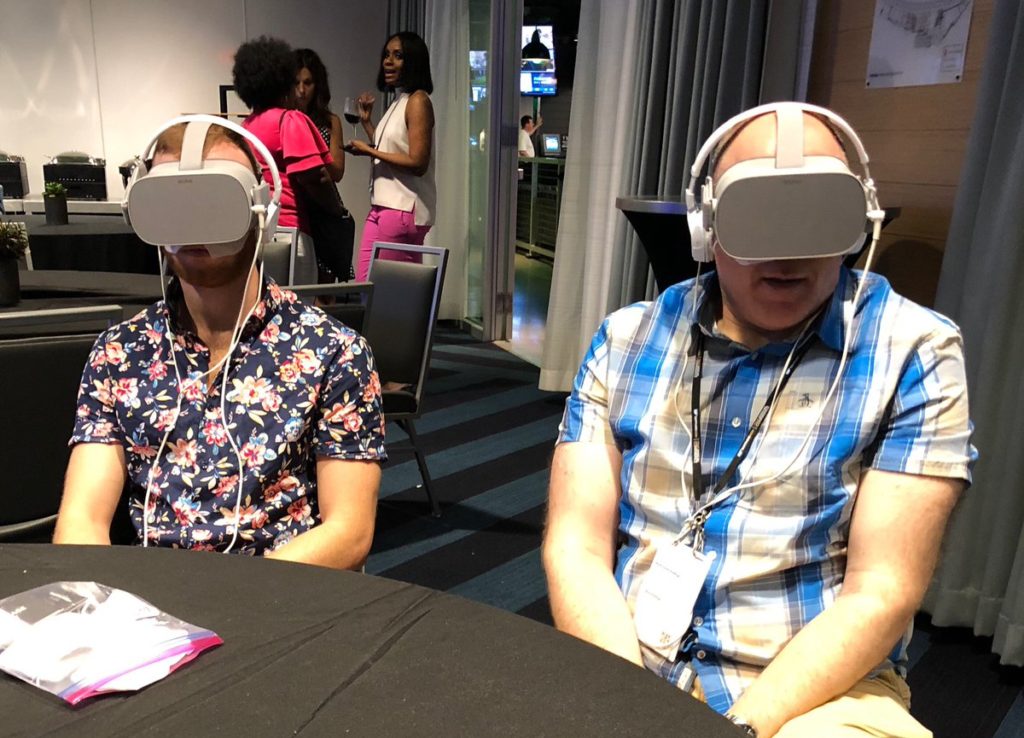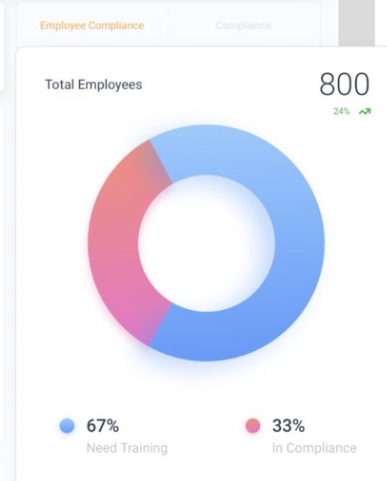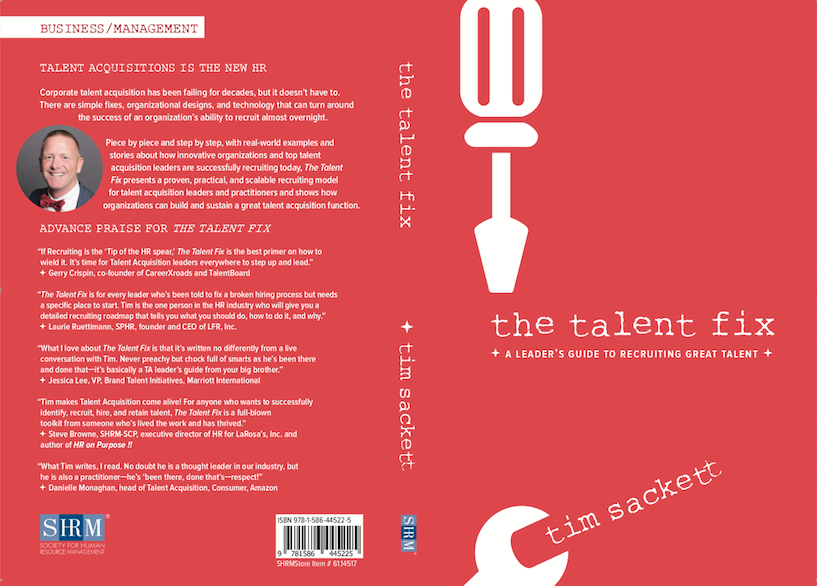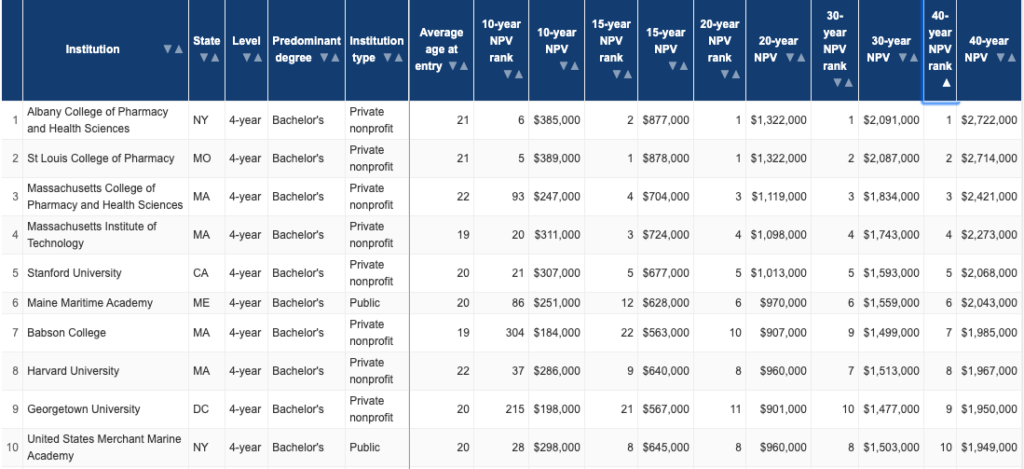I wrote a post titled, “The 5 Things HR Leaders Need to Know About Developing Employees“. In that post I had a paragraph:
When I was young in my career, I was very ‘passionate’. That’s what I liked calling it – passionate. I think the leaders I worked with called it, “career derailer”. It took a lot for me to understand what I thought was a strength, was really a major weakness. Some people never will gain this insight. They’ll continue to believe they’re just passionate when in reality they’re really just an asshole.
I then had a reader send me a message and basically said, “This is me!” And I was like, “That was me too!” And then we kissed. Okay, we didn’t kiss, but it’s great to find another like yourself in the wild!
The reality is, I’m a recovering Passionate Asshole.
What’s a “Passionate Asshole” are asking yourself? Here’s my definition –
“A passionate asshole is a person who feels like they are more about the success of the company than anyone else. I mean everyone else. They care more than everyone! And because we care so much, we treat people poorly who we feel don’t care as much as us!”
Passionate assholes truly believe in every part of their being they’re great employees. You will not be able to tell us any differently. They are usually high performing in their jobs, which also justifies even more that they care more. But, in all of this, they leave a wake of bad feelings and come across like your everyday basic asshole.
You know at least one of these people. They’re usually younger in the 24-35-year-old range. Too early in their career to have had some major setbacks and high confidence in their abilities.
Here are the 12 Steps of Recovery for Passionate Assholes:
Step 1: Realization that your an Asshole, not the best employee ever hired in the history of the universe. This realization doesn’t actually fix the passionate asshole, but without it, you have no chance.
Step 2: You understand that while being a passionate asshole feels great, this isn’t going to further your career and get you to your ultimate goal.
Step 3: Professionally they have knocked down in a major way. I was fired. Not because I was doing the job, but because I was leaving a wake of bodies and destruction in the path of doing my job. You don’t have to be fired, demotion might also work, but usually, it’s getting canned.
Step 4: Some you truly respect needs to tell you you’re not a good employee, but an asshole, during a time you’re actually listening.
Step 5: Find a leader and organization that will embrace you for who you’re trying to become, knowing who you truly are. You don’t go from Passionate Asshole to model employee overnight! It’s not a light switch.
Step 6: Time. This is a progression. You begin to realize some of your passionate asshole triggers. You begin to use your powers for good and not to blow people up who you feel aren’t worthy of oxygen. Baby steps. One day at a time.
Step 7: You stop making bad career moves based on the passionate asshole beast inside of you, telling you moving to the ‘next’ role is really the solution to what you’re feeling.
Step 8: We make a list of people we’ve destroyed while being passionate assholes. Yes, even the people you don’t like!
Step 9: Reach out to the people you’ve destroyed and make amends. Many of these people have ended up being my best professional contacts now late in life. Turns out, adults are actually pretty good a forgiving and want to establish relationships with people who are honest and have self-insight.
Step 10: We are able to tell people we’re sorry for being a passionate asshole when find ourselves being a passionate asshole, and not also seeing the passion within them and what they also bring to the organization is a value to not only us but to the organization as a whole.
Step 11: You begin to reflect, instead of reacting as a first response. Passionate assholes love to react quickly! We’re passionate, we’re ready at all times, so our initial thought is not to think, but react decisively. You’ve reached step 11 when your first thought is to no longer react like a crazy person!
Step 12: You begin to reach out to other passionate assholes and help them realize how they’re destroying their careers and don’t even know it. You begin mentoring.
I know I’ll never stop being a Passionate Asshole. It’s a personality flaw, and even when you change, you never fully change. But, I now understand when I’m being that person, can usually stop myself mid-passionate asshole blow up, and realize there are better ways to communicate and act.




